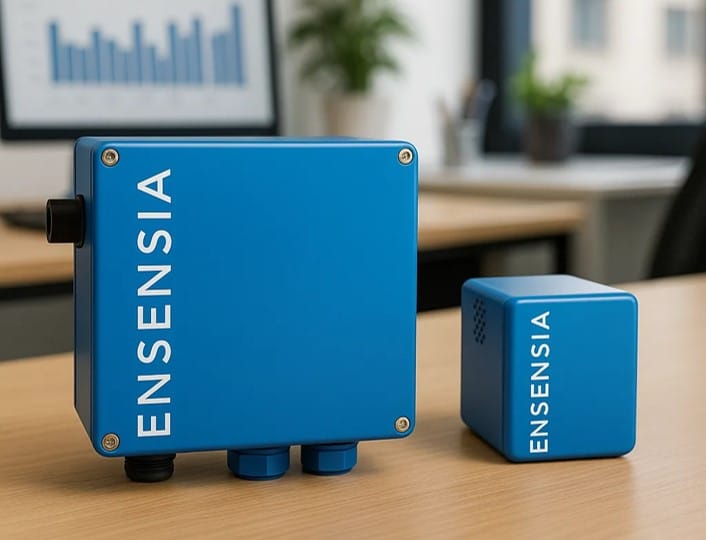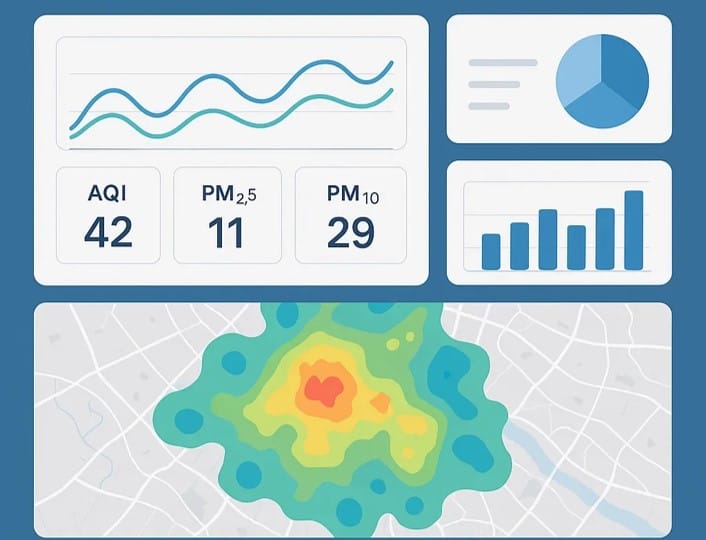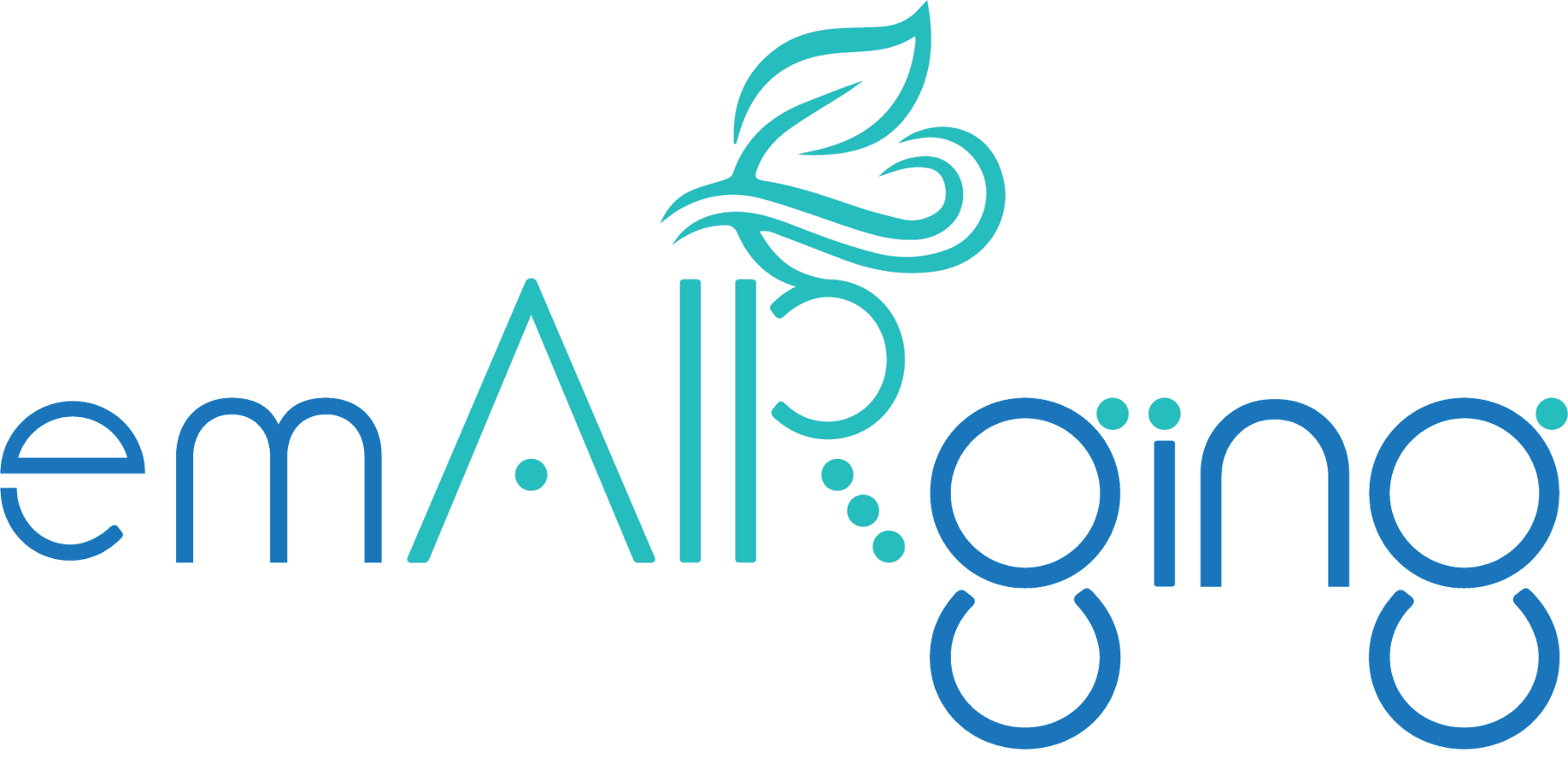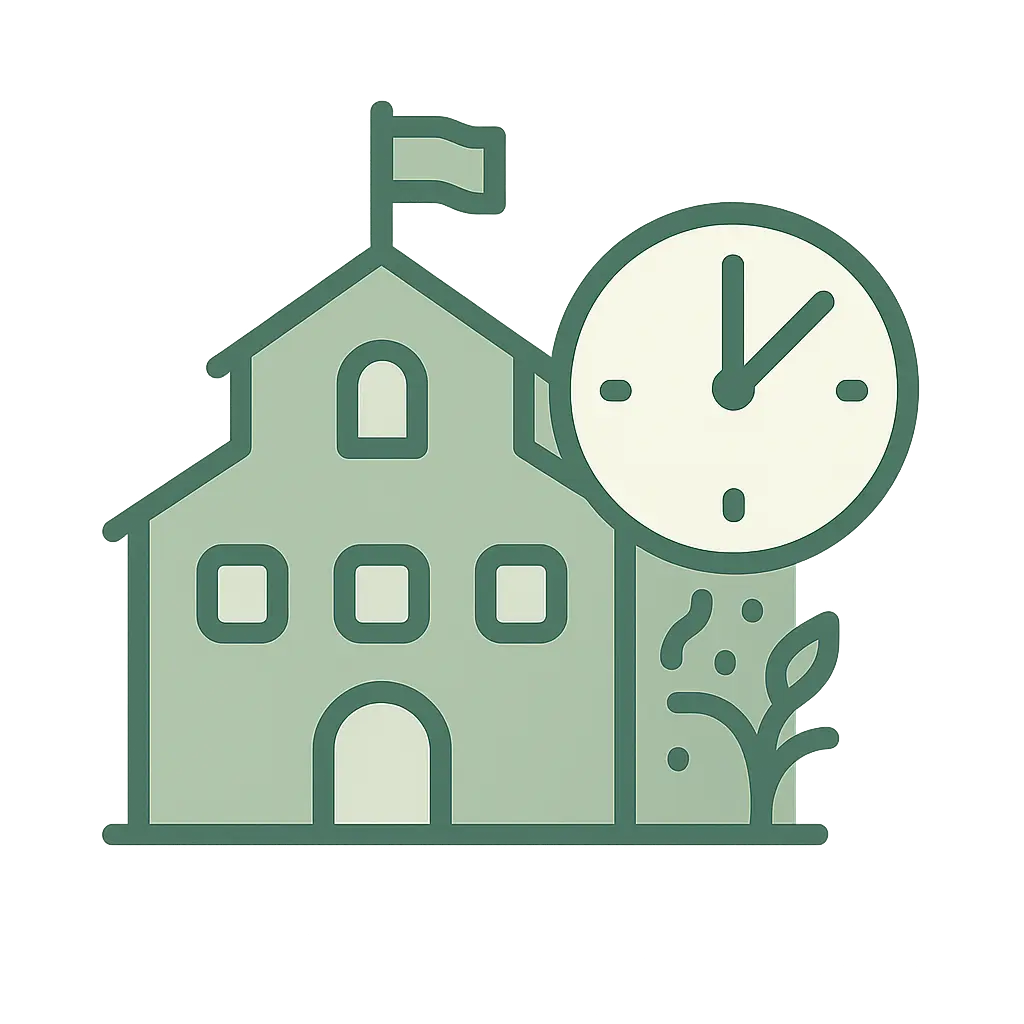Advancing healthier, smarter urban environments through intelligent air quality management
As urbanization accelerates, cities face mounting challenges in managing air quality. Traditional monitoring methods often fail to capture hyperlocal pollution variations, leading to insufficient data for effective decision-making. Moreover, technological solutions alone are inadequate without a human-centric approach that prioritizes health and sustainability. EmAIRging addresses these challenges by integrating advanced sensor networks, data analytics, and citizen engagement to provide real-time, actionable insights into urban air quality.
The EmAIRging value proposition
Deploy our ENSENSIA / ENSENSIA mini sensors and outdoor air monitoring nodes across intersections, residential zones, parks, transit hubs and industrial perimeters. Couple with mobile platforms on municipal vehicles to map dynamic flows.
Our cloud platform aggregates regional and hyper-local data streams, benchmarks them against urban/WHO/EN targets, and identifies hotspots—traffic-driven NO₂ peaks, particulate bursts near construction, or pollutant inflows from neighboring regions
Real-time alerts and strategic monthly briefs allow city managers to trigger interventions: low-emission traffic zones, dynamic ventilation of public spaces, green infrastructure deployment, public health warnings and open-data dashboards. Integration with city IoT, mobility and building systems helps automate response
Our process in action
Monitor
Deploy a comprehensive network of ENSENSIA devices across strategic urban zones—such as traffic intersections, industrial areas, parks and public transportation hubs. Utilize outdoor monitoring nodes to assess air quality at the city. Optionally, integrate sensors with municipal fleet vehicles for dynamic mapping of air quality variations throughout the city. This approach enables the creation of hyperlocal air quality maps, facilitating targeted interventions and informed decision-making
Interpret
Our platform fuses all sensor data, benchmarks against standards, maps spatial and temporal trends—e.g., NO₂ build-up during peak traffic hours, PM₂.₅ surges from construction sites, pollutant plumes from neighbouring industrial zones.
Act
Trigger real-time alerts for city operations and public-facing communication. Deliver monthly decision memos with targeted actions: adjust traffic flows, activate low-emission zones, schedule green-belt plantings, deploy filtration/ventilation in public buildings, inform citizens via open dashboards and mobile alerts. Integrate via APIs with municipal systems for automated or semi-automated response.
What benefits your city sees
Improved public health
- Cleaner air means fewer respiratory/cardiovascular cases, reducing burden on healthcare and improving workforce productivity
Smarter cost-control & urban efficiency
- Data-driven interventions reduce maintenance, exposure risk and operational waste (e.g., fewer emergency responses, more efficient traffic flows)
Stronger reputation & investment appeal
- Cities with better air quality attract talent, tourists and businesses, supporting economic development and livability
Policy readiness & future resilience
- Continuous monitoring helps cities meet emerging regulations, sustainability goals and implement proactive climate-and-air strategies
What's included

Hardware

Software

Services
Let’s build a smarter city together
From pilot neighbourhoods to city-wide roll-outs, EmAIRging’s solutions scale to your ambition. Contact us to define your sensor-network blueprint, platform services and roadmap for an air-smart city.
Proven Benefits in Urban Air Quality
Empowering Citizens through Hyperlocal Monitoring
Community-based air quality monitoring networks enhance citizen engagement and transparency in urban environmental management. These initiatives enable residents to actively participate in identifying pollution sources and advocating for cleaner air policies
Economic Benefits of Improved Air Quality
Implementing air pollution control strategies has been shown to yield significant economic returns. Studies indicate that nearly 70% of reviewed interventions resulted in net economic benefits, primarily due to reduced healthcare costs and improved public health outcomes. Furthermore, enhanced air quality is a key factor in attracting tourists. A study by Rodrigues (2021) found that travelers consider air quality when choosing destinations, and poor air quality can deter potential visitors.
Smart City Technologies for Sustainable Urban Planning
Integrating Internet of Things (IoT) technologies into urban planning frameworks enhances sustainable development. Real-time air quality monitoring, coupled with data analytics, allows cities to make informed decisions that improve air quality and overall urban sustainability
Our products
Our complete indoor and outdoor measuring solution
Our mini and affordable version of ENSENSIA
Our air pollution forecast model for smart cities


